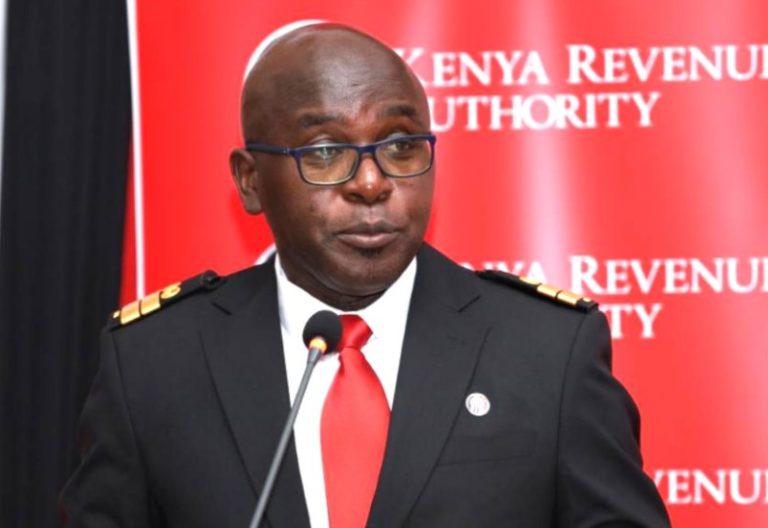Nairobi eyes Green bonds for projects

Nairobi County plans to raise capital through a Green Bond to be used to build a mass transit system and expand infrastructure in the county.
His move comes as counties seek innovative ways to diversify their own source revenues to meet development projects goals, speaking during the launch of the enhanced NSE marketplace yesterday, Governor Johnson Sakaja said he will reveal the exact amount later.
“We need to offer the residents of Nairobi solutions that clears out the mess that has been witnessed over the years. We intend to float a green bond, and what we raise will be used to create order and also open up opportunities for our people and also make Nairobi work for everyone,” the Governor said.
A report by the Commission for Revenue Allocation showed that Nairobi City County Government collected around Sh9.5 billion on average over the last three financial years, while its potential is estimated at around Sh25 billion.
Asset-based deals
Green bonds are types of fixed-income instruments that are specifically earmarked to raise money for climate and environmental projects. These bonds are typically asset-linked and backed by the issuing entity’s balance sheet, so they usually carry the same credit rating as their issuers’ other debt obligations.
Sakaja argues that Nairobi water and sewerage company alone will need a capital investment of about Sh30 billion to be able to offer services and develop a proper water and waste management system that will serve the people of Nairobi.
Part of the Green Bond will also be used in sorting out the garbage challenge in Nairobi by converting waste to energy. The intention, he said, is to deal with waste collection as well as creating employment.
“We look forward to partnering with the Ministry of Investments, Trade and Industry and associated state corporations and agencies to conceptualise and explore county financing options through the NSE to facilitate the mobilisation of low-cost and long- term private capital to finance, or refinance the County’s projects,” said Sakaja.












